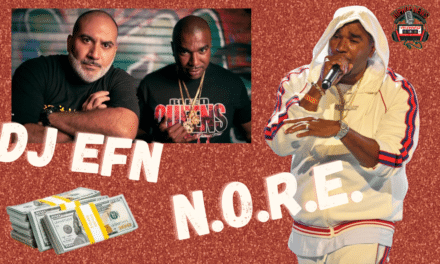
The Morality Clause. How the Industry Hedges a Bet.
The Morality Clause. How the Industry Hedges a Bet.
There’s been some discussion regarding Capitol Records recent decision to sign shock rapper XXX Tentacion to a $6 million contract despite the chance that the flavor of the moment rapper could be facing some serious prison time resulting from robbery and assault with a deadly weapon. In addition to a charge of assault on a pregnant woman. Alongside false imprisonment charges resulting from an alleged abusive relationship with his former girlfriend. Whoa.
This decision begs the question of why would an 80 year old company risk so much money when the rapper could get locked up at any time. With so many pending charges, there is a very real possibility that the rapper will go on a long iron vacation.
The same questions were asked when Atlantic signed burgeoning rapper Kodak Black to a hefty deal. The deal was codified while Kodak black was under investigation in a most recently indicted on criminal sexual conduct charge. What could possibly give these two companies the chutzpah to make such a risky deal?
Enter the “Morality Clause
A lot of artist agreements come with something called a Morality Clause. The clause restricts the performers behavior and actions in their private life. Generally, the morality clause allows the company to terminate the contract at any time for named violations in the agreement.
Violations can be anything from the charges that Kodak and XXX are facing to something as minor as appearing in religious advertisement or even a social media post. Two of the most recent and notable uses of a morality clause were used when Charlie Sheen started exhibiting erratic behavior on the set of “2 and a Half Men”, that ultimately led to his firing and Tiger Woods’ loss of his endorsement deals after cheating on his wife. All of which were stated violations of the morality clause.
Clever morality clauses state that if the contract is terminated due to a moral violation then the company is entitled to collect more of the artists money from any revenue streams as an attempt to recoup the money spent on the project.
Think about it.
If an artist is convicted of a significant crime and is sentenced to prison then there a decreased likelihood that the company will be able recoup any investments in the artist. How moral is that?








